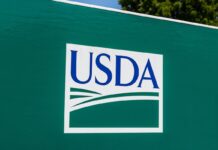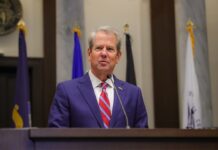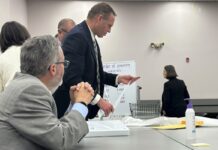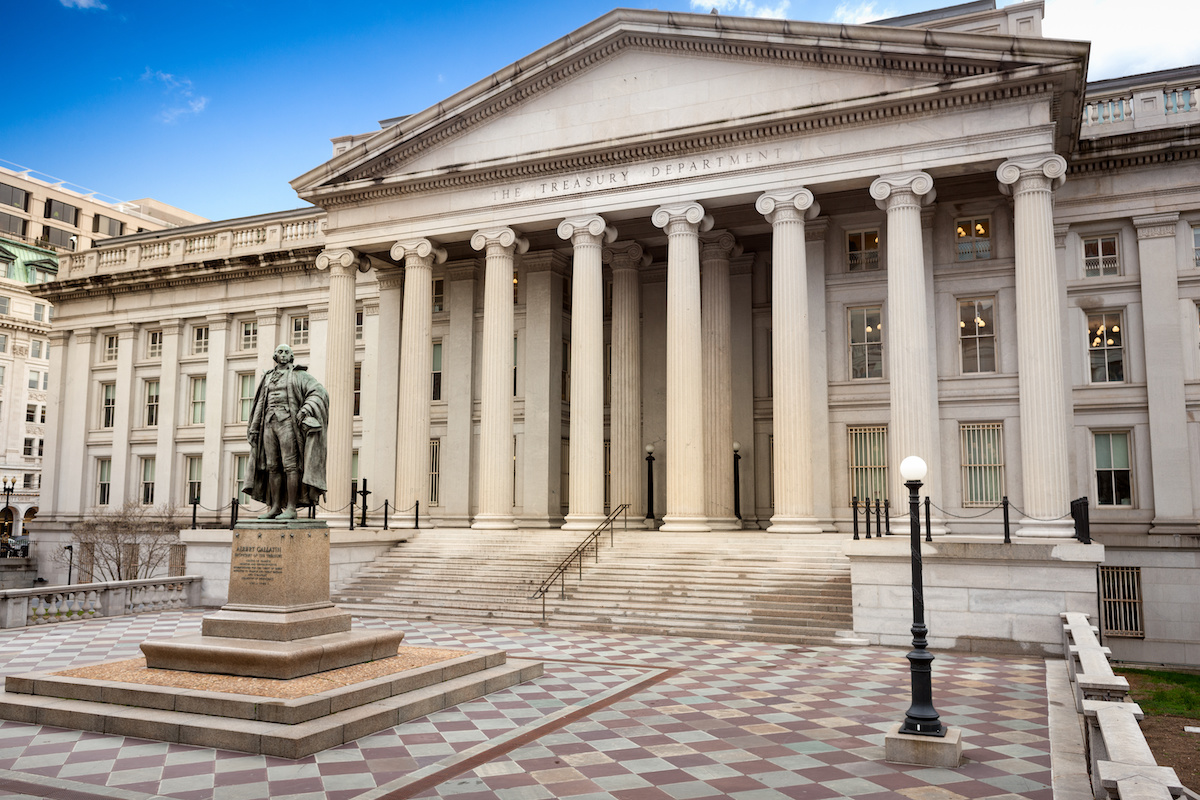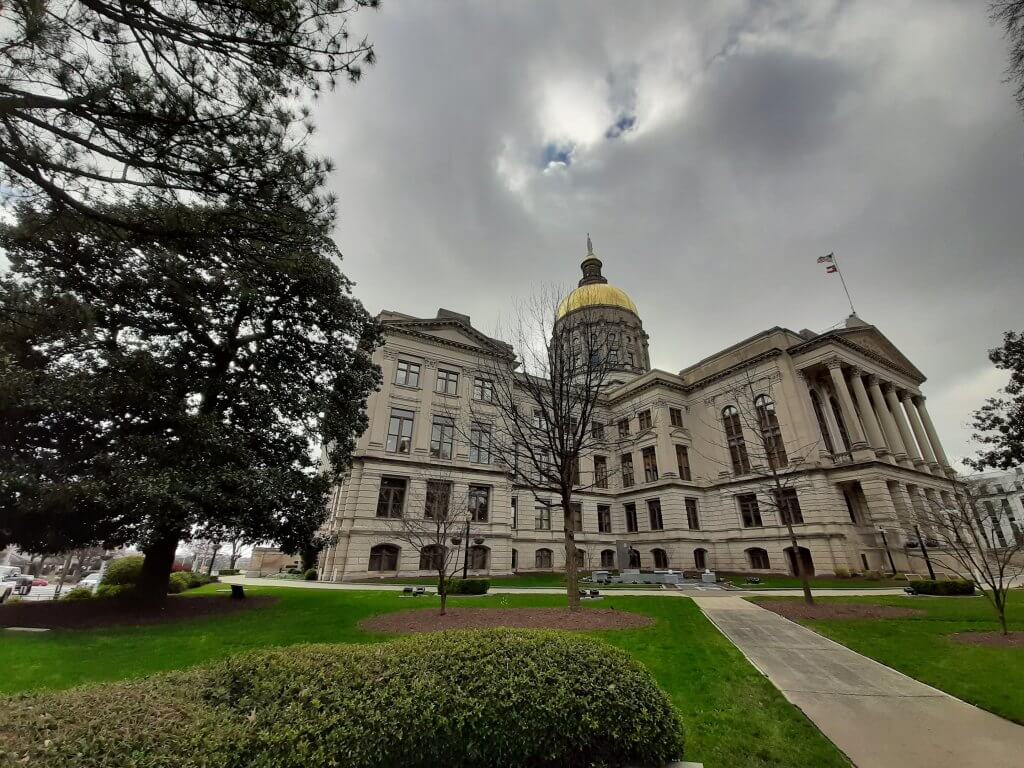
The state’s revenues were up about 7% last month over the pre-pandemic August of last year, allowing Georgia to chalk up a second consecutive month of positive revenues that seemed unlikely a few months ago.
But without additional federal aid, the run of promising revenue news could be short-lived, says Danny Kanso, tax and budget policy analyst with the Georgia Budget and Policy Institute.
The state’s budget benefited from the $600 enhanced unemployment benefits that Congress authorized for jobless Americans but that expired at the end of July. When an agreement couldn’t be reached on extending the aid, the White House announced federal disaster money would cover smaller $300 weekly payments, which the state plans to distribute this week in bulk payments.
“We are facing a very steep cliff if Congress does not reauthorize those unemployment benefits,” Kanso said in a call with reporters Monday, calling the enhanced unemployment benefits the primary driving force behind the revenue gains in the first two months.
Meanwhile, the state’s $2.2 billion budget cuts are going into effect as local governments also look to trim their budgets. Public education bore the brunt of the state’s belt-tightening.
“That’s why, although those revenue numbers are decent, they are not adequate to be able to provide a path for our state to move forward from those budget cuts and to address the real challenges that we have in terms of the pandemic and the increased stress that so many state agencies and core components of our government are facing,” Kanso said.
The nonprofit think tank also urged state lawmakers to take another look at proposals to raise state revenues – such as increasing the 37-cent-a-pack tobacco tax to the national average – that went nowhere this year in spite of some bipartisan support. Georgia has among the lowest cigarette tax rates in the country, surpassed by only Missouri now that Virginia upped its rate this year.
“We are 12 years plus outside of the Great Recession and we recognize through the data that we’ve analyzed that Black, brown, low-income families have not recovered fully from the Great Recession,” said Taifa Butler, GBPI’s president and CEO.
“Even if we were to put back the $2.2 billion dollars in our budget, we know we’re not even at the level of pre-recession numbers,” she said. “So, we are not sort of growing the budget in the way that we should based on the population and based on inflation. So again, revenues are very, very critical in this moment.”
A deal on another round of federal coronavirus relief has been elusive, with national party officials at odds over continued unemployment benefits and whether state and local governments should receive more aid.
Georgia’s Republican House Speaker David Ralston sent a letter to Georgia’s senators in August urging them to support a plan to send $500 billion to state and local governments.
“Georgia’s economy is typically a strong network of diverse revenue streams, but the pandemic has affected all of them, even those like motor fuel that typically tend to resist downturns,” Ralston wrote on Aug. 3. “The lagging effect on our largest revenue sources, income and sales taxes, is presenting us with additional challenges for months to come.”
Ralston’s spokesman, Kaleb McMichen, said Monday that back-to-back positive monthly revenues – while encouraging – had not dulled the speaker’s call for more federal assistance of some kind.
“It will likely be months or years before we can measure the full impact of the pandemic and what looks encouraging now may not in a few months,” McMichen said, calling the state’s revenue figures “one measure in a sea of data.”
Overall, revenues in August were up 7.7% or $134.5 million over the same time last year, according to a report from the state Department of Revenues. In July, revenues were up 17%.
Last month, collections from the state’s income tax and sales tax were both up while revenues from the fuel, hotel, and auto transactions were down. Tobacco and alcohol tax revenues continue to rise during the pandemic, a trend that started soon after businesses shut down to help stop the spread of infection.


